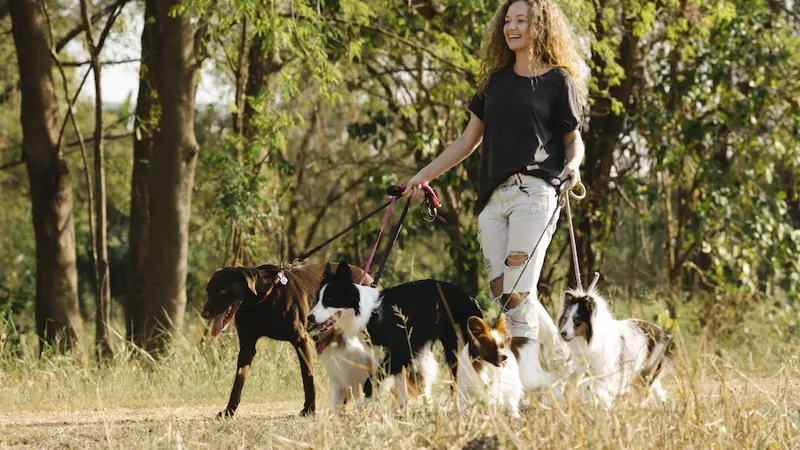Dog Fouling - Impact and support for homeowners

People enjoy keeping dogs and most dog owners are responsible, but those who do not clean up after their dogs are creating mess and health hazards for other people, including children. Not cleaning up after your dog is socially unacceptable, but it does happen.
The Dog Fouling (Scotland) Act 2003 aims to protect residents from the risks and dangers of abandoned dog faeces. The Act states that it is an offence for the person in charge of a dog to leave its mess without removing it. The Act applies to all public places including common passages, back greens, stairs and other similar areas.
Best course of action
If you witness a dog owner failing to clear up, our advice would be to contact your local Council. Most, if not all, local Councils will have good information on their websites regarding dog fouling and how to report it.
Many Councils employ dedicated Dog Wardens who can deal with any incidents that arise. Dog Wardens will normally investigate any complaint of non-clearing of dog fouling very quickly and will provide advice on what information is required to proceed with a potential fine or prosecution.
Councils have the power to issue Fixed Penalty Notices up to £100 for those owners who are found guilty of not clearing up after their dog. If the matter is serious enough, Councils can also choose to notify the Procurator Fiscal for prosecution through the criminal courts. It is then a matter for the Procurator Fiscal to decide if criminal proceedings should be raised.
Reporting a dog owner
If you are reporting a dog owner to your local Council, you will likely be asked for the following information:
- Location and time of fouling (keeping a diary can be useful for repeat offenders).
- Owner's name and address, if known.
- Description of the dog, including breed and colour.
- Your own contact details.
Grounds Maintenance Contractors
Dog fouling on common grounds also poses a significant hazard to the grounds contractors employed to keep common areas in a neat and tidy condition. Mowing or strimming grassed areas where there is dog mess can be a very unpleasant experience for all concerned.
Property Factors
Property factors have very limited powers when it comes to policing dog fouling beyond contacting owners or landlords if information becomes available about the identity of a particular offender.
In many cases, common grounds will be accessible to members of the public with no connection to the development and common grounds can become a convenient location to exercise dogs. Where these arise, we can install 'no dog fouling', or 'private property' notices, which can sometimes have the desired effect.
It is in everyone’s interest to ensure that their own development is maintained to the highest of standards and is a clean and safe environment. If you do see anyone not picking up after their dog, then please contact your local Council who have the powers and legal authority to come down hard on this type of irresponsible and anti-social behaviour.
James Gibb doing it the right way


